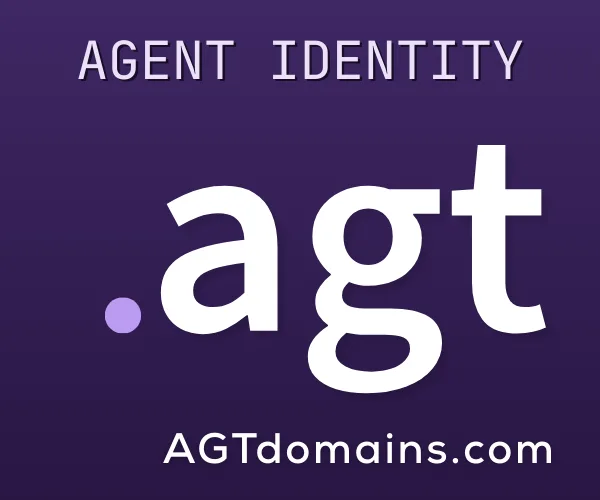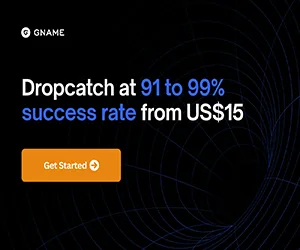I was bumming around last night and came across an article stating that, back in March, Canon had applied for ".canon" as its own TLD. It's part of the "ICANN New gTLD system." Maybe not all that new, but that's the official name. While I haven't read the draft application guidebook in it's entirety, the concept, if you are not familiar, allows businesses to apply for new TLDs. The guidebook states "Established corporations, organizations, or institutions in good standing may apply for a new gTLD. Applications from individuals or sole proprietorships will not be considered." The application fee also comes at a price tag of $185,000, so that knocks most "individuals" out of the box anyway.
Of course, there will be a an evaluation of any submitted application, including "Whether the applied-for gTLD string is so similar to other strings that it would cause user confusion." I wonder if that string test took place for the .CO TLD?
Regardless, the introduction of new TLDs has its pros and cons and can be, and will be debated. We could see future business domains such as Drink.Pepsi, Computers.Dell or even Travel.Chicago and MikeSullivan.Domaining. It will be interesting to see how things unfold and what types of arguments arise. What are your thoughts?



